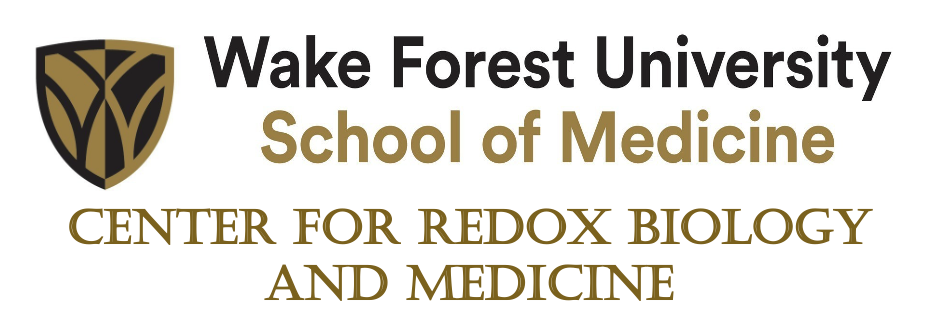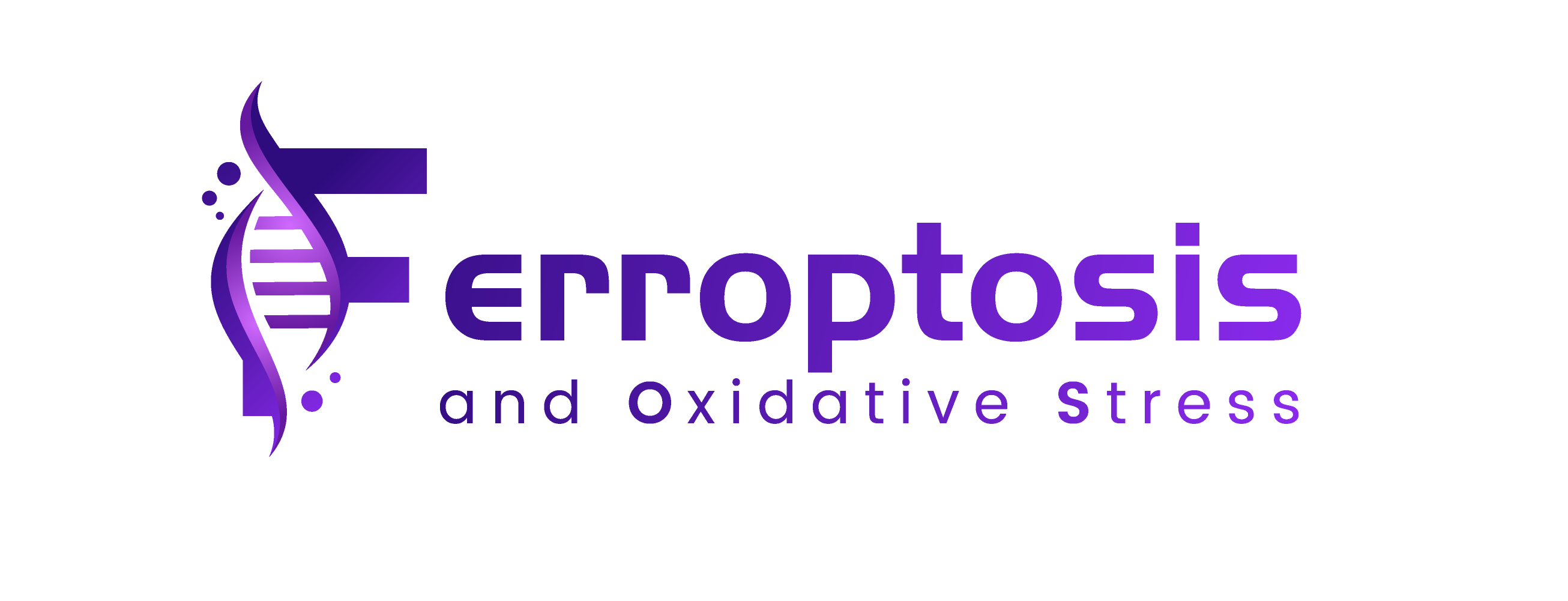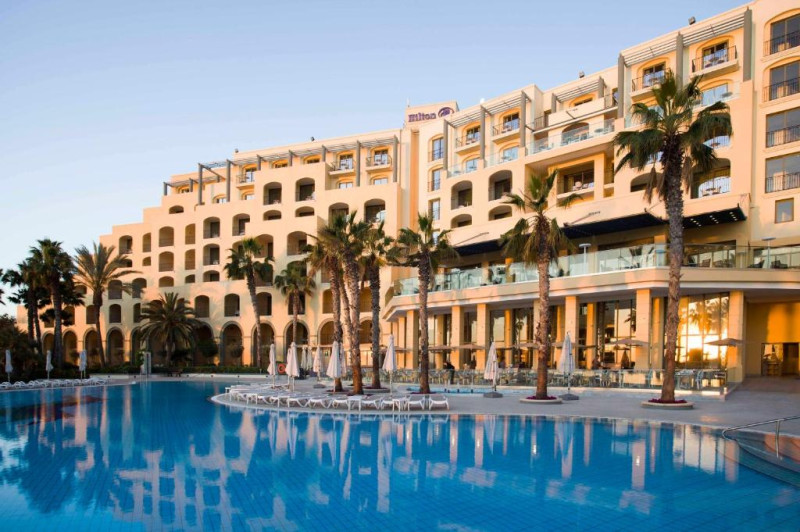- Home
- Past Conferences
- Redox Biology in Health & Disease Conference
Redox Biology in Health & Disease Conference
Understanding the biological function of ROS, NAD, and antioxidants in physiology and pathology. #RedoxBio25
03 Nov - 06 Nov 2025
Riviera Maya, Mexico
-
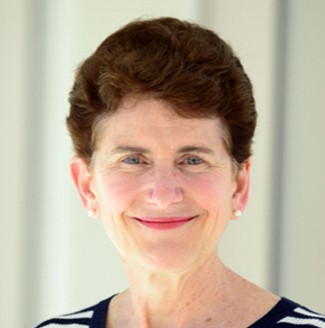
Celeste Simon
University of Pennsylvania
-

Karen Vousden
Francis Crick Institute
-

Navdeep S. Chandel
Northwestern University
Early Bird - Expired • Talk Submission - Expired • Poster Submission - Expired • Registration & Payment Deadline - Expired
Report
The Redox Biology in Health and Disease Conference took place from 3 to 6 November 2025 at the Hilton Tulum Riviera Maya in Mexico. The event brought together 57 participants from across academia, research institutes, and clinical disciplines. The audience represented a balanced mix of senior investigators, early-career researchers, and clinicians, creating a dynamic setting for discussion and collaboration. A total of 17 abstract presenters contributed posters and short oral presentations, complementing 10 short talks and 21 plenary lectures delivered by leading experts in the field.
Throughout the four days, the meeting explored the intricate roles of redox processes in health and disease. Discussions focused on the biological significance of oxidation–reduction reactions, including the functions of reactive oxygen species (ROS), nicotinamide adenine dinucleotide (NAD), and glutathione (GSH) in regulating cellular homeostasis. Speakers highlighted how redox imbalance contributes to major conditions such as cancer, neurodegeneration, cardiovascular disease, and ageing. A recurring theme was the dual nature of reactive oxygen species, which act both as essential signaling molecules and potential sources of cellular damage. The programme also included presentations on the interplay between metabolism and redox biology, mitochondrial dysfunction, and therapeutic interventions aimed at modulating redox pathways.
Key outcomes from the conference included a strengthened consensus that redox regulation lies at the core of numerous disease mechanisms and represents a promising therapeutic target. Researchers identified several emerging strategies, such as enhancing NAD metabolism, targeting mitochondrial redox vulnerabilities, and manipulating antioxidant systems to maintain cellular resilience. The meeting also encouraged collaboration between basic scientists and clinicians, emphasizing translational approaches that could move discoveries from the laboratory toward clinical application. Early-career participants benefited from mentorship opportunities and exposure to cutting-edge methodologies.
This meeting stood out for its specialized focus, bringing together a concentrated community dedicated to redox research rather than a broad general audience. The resort setting fostered close scientific exchange and informal networking, allowing participants to engage deeply with both the science and each other. With its combination of world-class plenary speakers, interactive sessions, and a collaborative atmosphere, the Redox Biology in Health and Disease Conference offered a distinctive and productive environment for advancing understanding of redox mechanisms in health and disease.
Synopsis
Oxidation-reduction (redox) reactions are responsible for the transfer of electrons among molecules and are crucial for life processes such as energy production, cellular signaling and the regulation of cellular stress. Central to understanding redox biology are molecules like reactive oxygen species (ROS), nicotinamide adenine dinucleotide (NAD), and glutathione (GSH), which play significant roles in maintaining cellular health and contribute to disease pathogenesis. ROS are chemically reactive molecules containing oxygen, produced naturally within biological systems. They regulate a variety of cellular functions, including signal transduction, immune responses, and cellular homeostasis. However, an excessive accumulation of ROS leads to oxidative stress, which can damage cells and tissues by oxidizing lipids, proteins, and DNA. Counterbalancing the detrimental effects of ROS, the body utilizes several antioxidant mechanisms that, when deregulated, are linked to various oxidative-stress associated conditions such as neurodegenerative disease, cardiovascular disease, diabetes, cancer and the general process of aging.
The meeting will focus on advances in our understanding the intricate roles and interactions of ROS, NAD, and GSH within the framework of redox biology, not only highlighting their importance in health and disease but also underscoring the potential of therapeutic interventions that aim to balance these crucial molecules. Such strategies hold the promise of preventing and treating a diverse array of diseases, particularly those associated with aging and oxidative stress.
Key Sessions
- Understand the generation, biological roles and dual nature of reactive oxygen species (ROS) in cellular signaling, gene expression and cell death.
- Examine the protective mechanisms of antioxidants such as glutathione (GSH) in maintaining cellular redox homeostasis and preventing oxidative damage.
- Determine the biosynthesis and function of nicotinamide adenine dinucleotide (NAD) in ATP production, DNA repair and stress responses.
- Explore the contribution and therapeutic potential of oxidative stress to diseases like cancer and neurodegenerative disorders.
- Assess strategies for enhancing NAD to treat age-associated diseases.
- Mitochondria dysfunction.
Confirmed Invited Speakers
Liron Bar-Peled (Massachusetts General Hospital)
IDENTIFICATION OF DRUGGABLE AND REDOX VULNERABILITIES
Issam Ben-Sahra (Northwestern University)
INFLUENCE OF DIET-DERIVED MOLECULES ON NUCLEOTIDE AND REDOX METABOLISM
Donita Brady (University of Pennsylvania)
CRACKING COPPER: UNVEILING REDOX SIGNALING AND TOXICITY MECHANISMS
Ed Chouchani (Dana-Farber Cancer Institute)
MECHANISMS OF REDOX CONTROL OF PROTEIN FUNCTION
Lydia Finley (Memorial Sloan Kettering Cancer Center)
CELL STATE DEPENDENT REDOX CHALLENGES
Gerta Hoxhaj (University of Texas Southwestern Medical Center)
THE PHYSIOLOGICAL ROLES OF NADPH REDOX COFACTORS
Isha Jain (Gladstone Institutes)
TURNING THE OXYGEN AND VITAMIN DIALS
Yvonne Janssen-Heininger (University of Vermont)
GLUTATHIONE-DEPENDENT PROTEIN OXIDATION AND LUNG STEM CELL FUNCTION
Randall Johnson (Karolinska Institutet)
EXERCISE AND OXYGEN: METABOLITES AS MEDIATORS OF ADAPTATION
Naama Kanarek (Boston Children's Hospital)
ONE-CARBON METABOLISM SUSTAINS EFFECTOR T CELL FUNCTION
Thales Papagiannakopoulos (NYU Langone)
REDOX MECHANISMS OF DISEASE PROGRESSION IN LUNG CANCER
Jared Rutter (University of Utah)
METABOLITE SIGNALING AND REDOX HOMEOSTASIS
David Sabatini (IOCB Boston & Prague)
NEW APPROACHES TO STUDY ORGANELLAR METABOLISM
Poul Sorensen (UBC)
METABOLIC ADAPTATION TO GLUTATHIONE DEPRIVATION DRIVES OXIDATIVE STRESS RESISTANCE IN SARCOMA CELLS
Ramon Sun (University of Florida)
EXPERIMENTAL AND EPIDEMIOLOGICAL EVIDENCE SUPPORTING THE GLYCAN HYPOTHESIS IN ALZHEIMER'S DISEASE
Lloyd Trotman (Cold Spring Harbor Laboratory)
NUTRIENTS AS TARGETED MEDICINE - CAN PRO-OXIDANTS CURE?
Matthew Vander Heiden (MIT)
INFLUENCE OF THE NUTRIENT ENVIRONMENT ON CANCER METABOLISM
Mariia Yuneva (Calico Life Sciences)
IDENTIFYING THE ROLE OF METABOLISM IN CANCER AND AGING
Target Audience
This conference will appeal to scientists and clinicians interested in basic biology of redox as well as how antioxidants and NAD+ supplements confer positive effects on healthy living and longevity.
Educational Need
This conference will provide a solid foundation in the basic principles of redox biology. It will cover the chemistry of oxidation-reduction reactions, the types of molecules involved, such as reactive oxygen species (ROS), NAD, and glutathione (GSH), and their roles in cellular physiology.
Additionally, the conference will offer updates on the latest research and developments in the field. This includes recent discoveries about the role of redox processes in cellular signaling, immune responses, and the pathogenesis of diseases like cancer.
Finally, there will be discussions on the clinical applications and therapeutics related to redox biology. Topics will include the links between oxidative stress, NAD, and diseases such as Parkinson's and cancer.
Key Words
Redox biology, ROS, NAD, GSH, aging, oxidative stress, physiology, pathology, antioxidants, mitochondria, metabolism, mitochondria dysfunction, cancer, metabolic signaling.
Confirmed Speakers
Chairs

Celeste Simon
University of Pennsylvania

Karen Vousden
Francis Crick Institute

Navdeep S. Chandel
Northwestern University
Invited Speakers
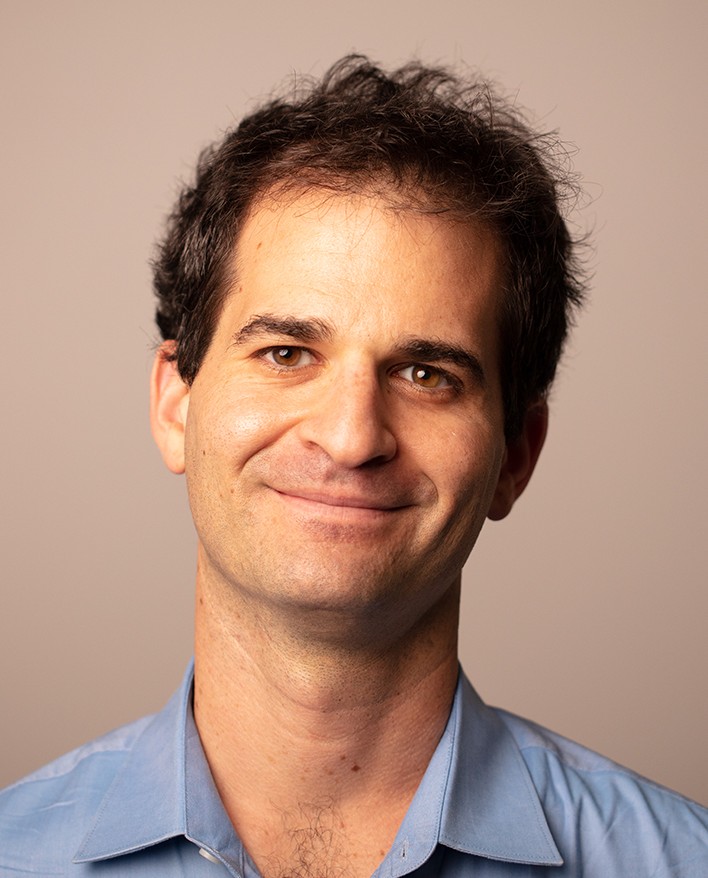
Liron Bar-Peled
Massachusetts General Hospital
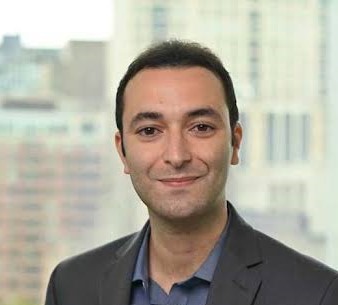
Issam Ben-Sahra
Northwestern University

Donita Brady
University of Pennsylvania
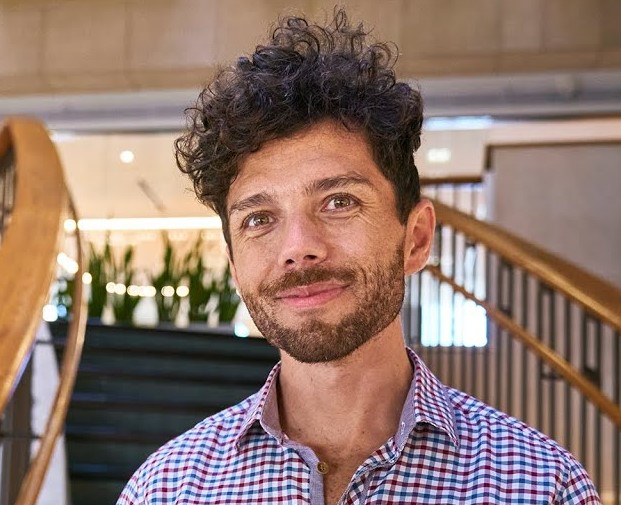
Ed Chouchani
Dana-Farber Cancer Institute

Lydia Finley
Memorial Sloan Kettering Cancer Center
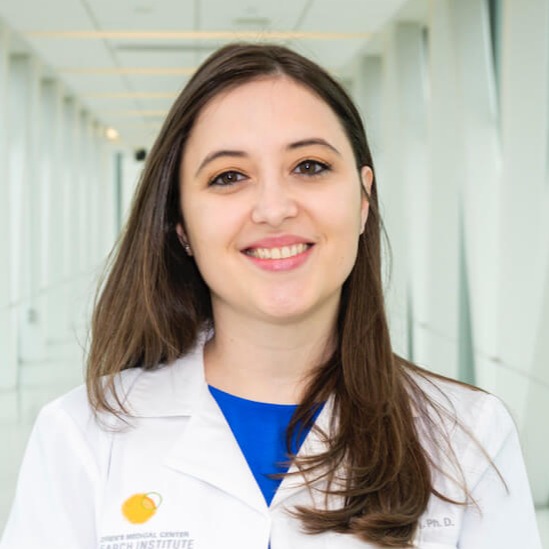
Gerta Hoxhaj
University of Texas Southwestern

Isha Jain
University of California, San Francisco

Yvonne Janssen-Heininger
University of Vermont
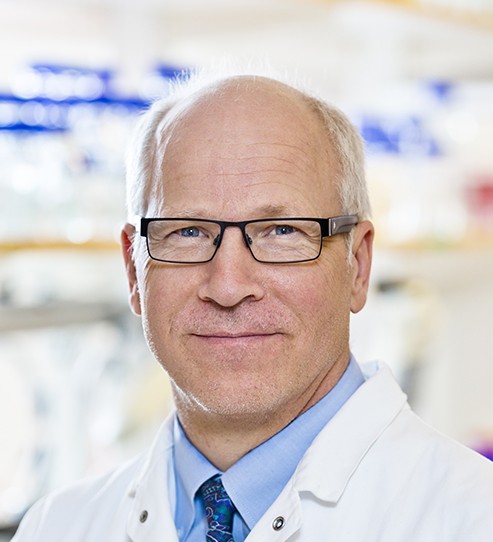
Randall Johnson
Karolinska Institutet

Naama Kanarek
Boston Children's Hospital
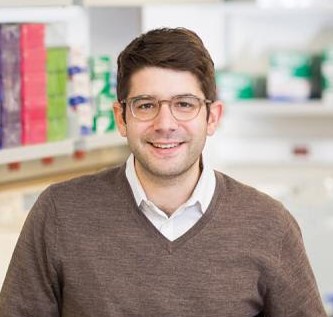
Thales Papagiannakopoulos
NYU Langone

Jared Rutter
University of Utah
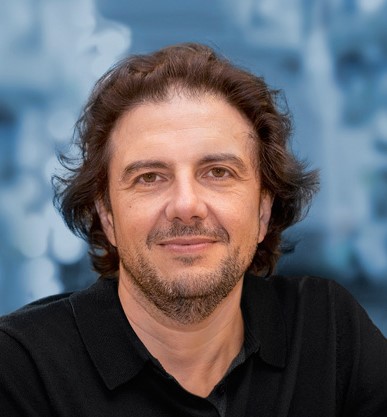
David Sabatini
IOCB Boston & Prague
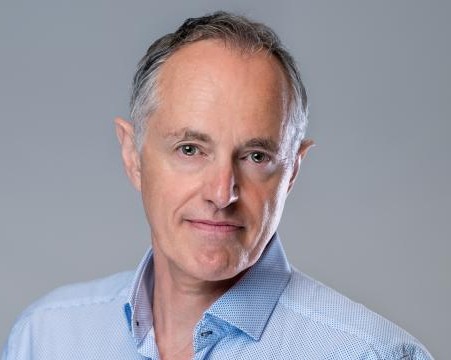
Poul Sorensen
UBC

Ramon Sun
University of Florida
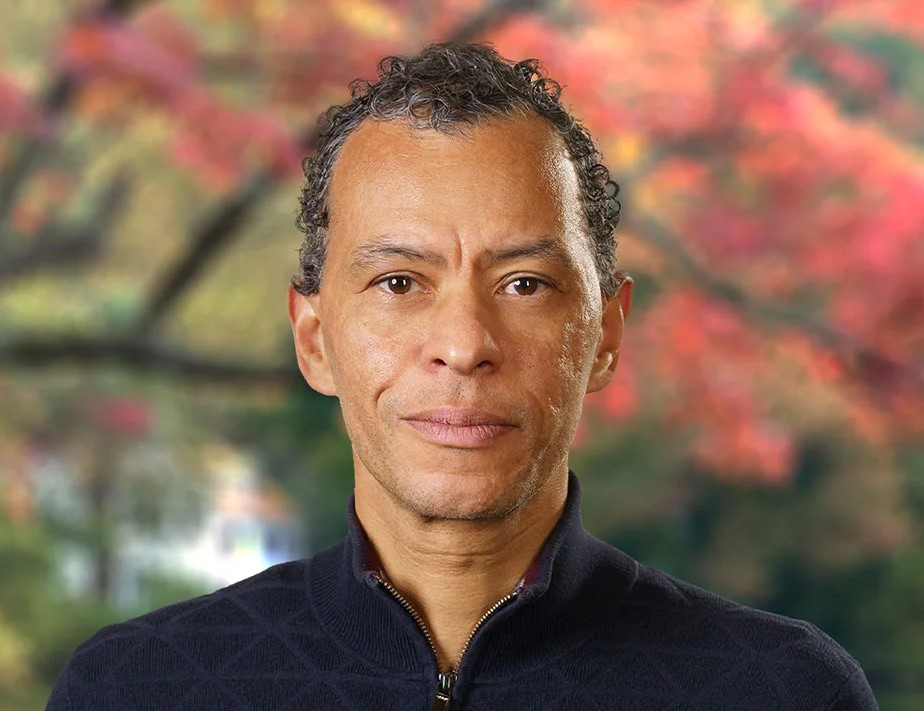
Lloyd Trotman
Cold Spring Harbor Laboratory

Matthew Vander Heiden
MIT
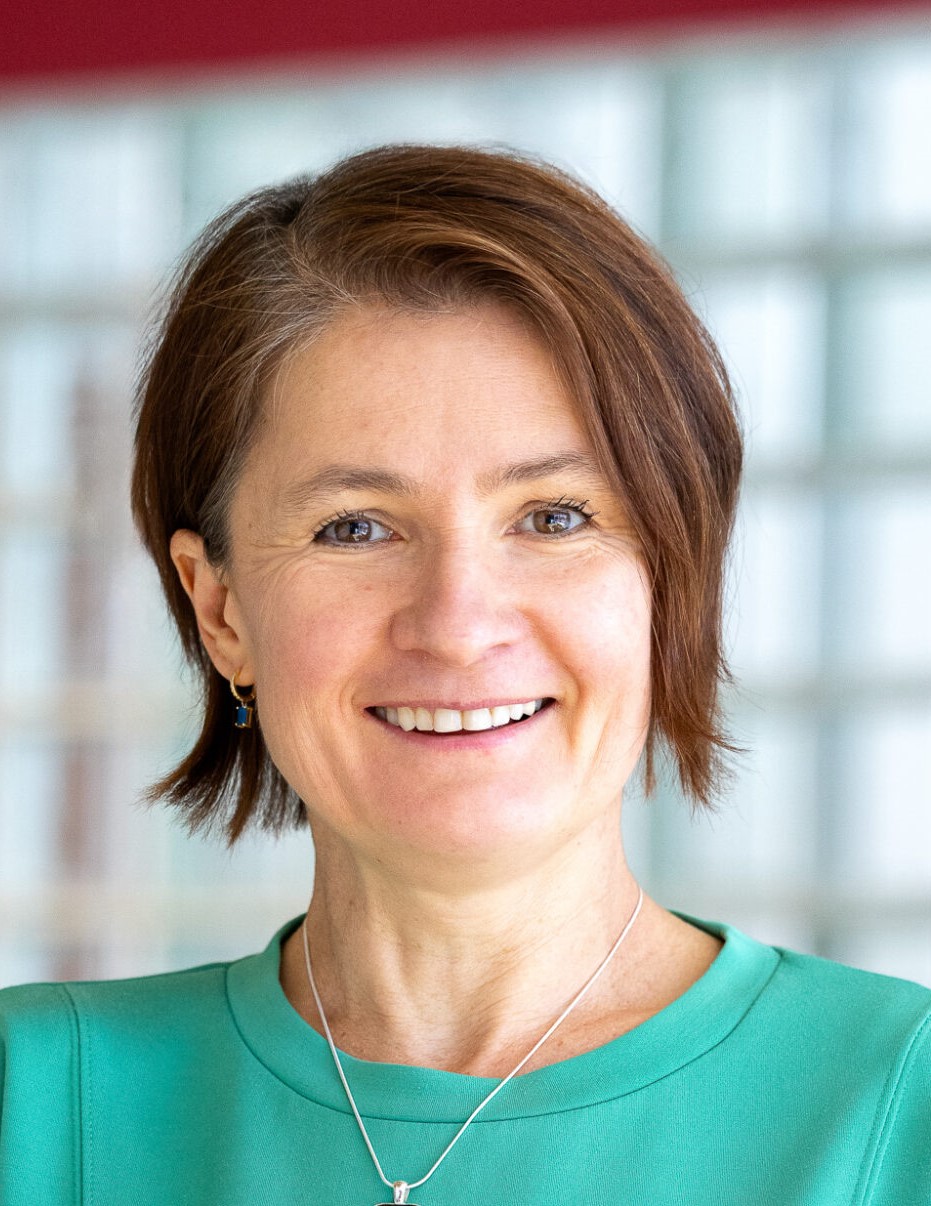
Mariia Yuneva
Calico Life Sciences
Programme
Grants
Unfortunately, all current ECR grants have been awarded. However, we hope to release additional grants later following fundraising efforts. If you are interested in future opportunities, feel free to sign up for updates about the conference to be kept informed should further grants be released. Or, you are welcome to send in an application in advance, to be considered in the first instance should additional grants be released.
Supported by
Venue & Location
Hilton Tulum Riviera Maya
The Rivera Maya is a beautiful area of Mexico and has a very different feel to the busier, downtown energy of Cancun. Nestled just 8 miles from Tulum, Hilton Tulum Riviera Maya offers a serene and inspiring environment, ideal for fostering meaningful connections. This location is set back from the city’s hustle and bustle, allowing for a more peaceful and focused atmosphere where informal discussions and creative collaboration can thrive. With breathtaking views and refreshing ocean breezes providing a beautiful backdrop for open dialogue and fresh perspectives, it’s no wonder this destination is a favorite among our delegates!
Hotel facilities include;
- Complimentary Wi-Fi in guest rooms and throughout hotel and conference areas
- Pools
- Spa
- Fitness Center
- 6 Restaurants
- Kids Club
- Beach
General Information
Venue Rating
★ ★ ★ ★ ★
Currency
US Dollar (USD)
Address
Carretera Cancun Tulum 307 Tulkal Chemuyil Tulum, 77774, Mexico
Nearest Airport
Cancun International Airport
Location
Stretching from the fishing village of Puerto Morelos to the biosphere reserve of Sian Ka'an, the Mayan Riviera offers an unforgettable Caribbean coastline experience with beautiful white-sand beaches and brilliant turquoise colored water. This world-renowned paradise is home to mangroves and lagoons, ancient Mayan cities, ecological reserves and adventure parks, and the world's second largest coral reef.
The hotel is located just a few miles from Tulum, a town on the Caribbean coastline of Mexico’s Yucatán Peninsula. It’s known for its spectacluar beaches and well-preserved ruins of an ancient Mayan port city. The area also offers incredible cavern diving opportunties and beautiful cenotes to explore. We would highly recommend joining one of the group activities to Tulum or the Gran Cenote - they will make for an unforgettable conference experience!
Gallery
If you are interested in this meeting but not yet ready to register, you can sign up for updates here and our team will keep you updated regarding deadline reminders and grant opportunities relating to this meeting only.
If you're interested in sponsoring this conference please contact us.
Conference Manager

Felicity Harrap
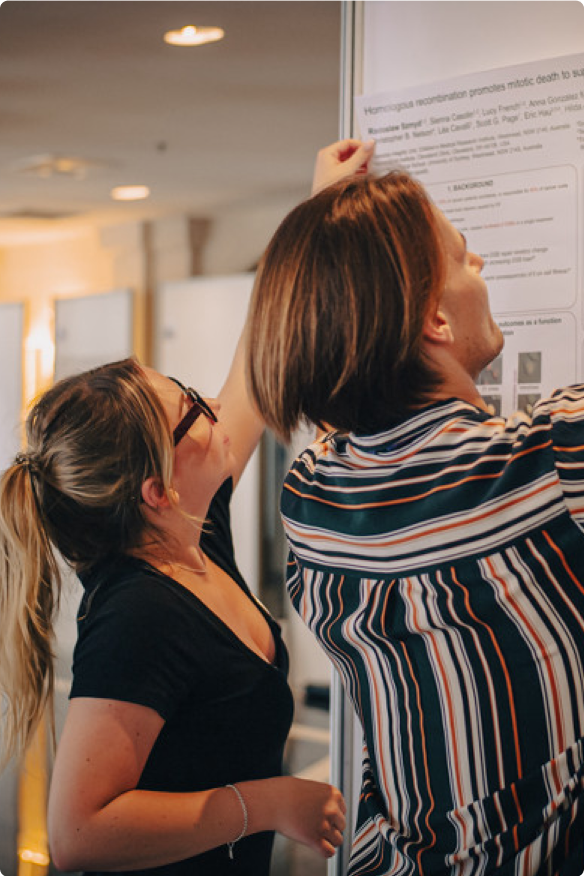

Need some help? Chat to the Fusion team today
As a family run business, our dedication runs deep. We’re committed to each other and, even more so, to every attendee’s experience, delivering a level of care and passion that’s truly unmatched.






